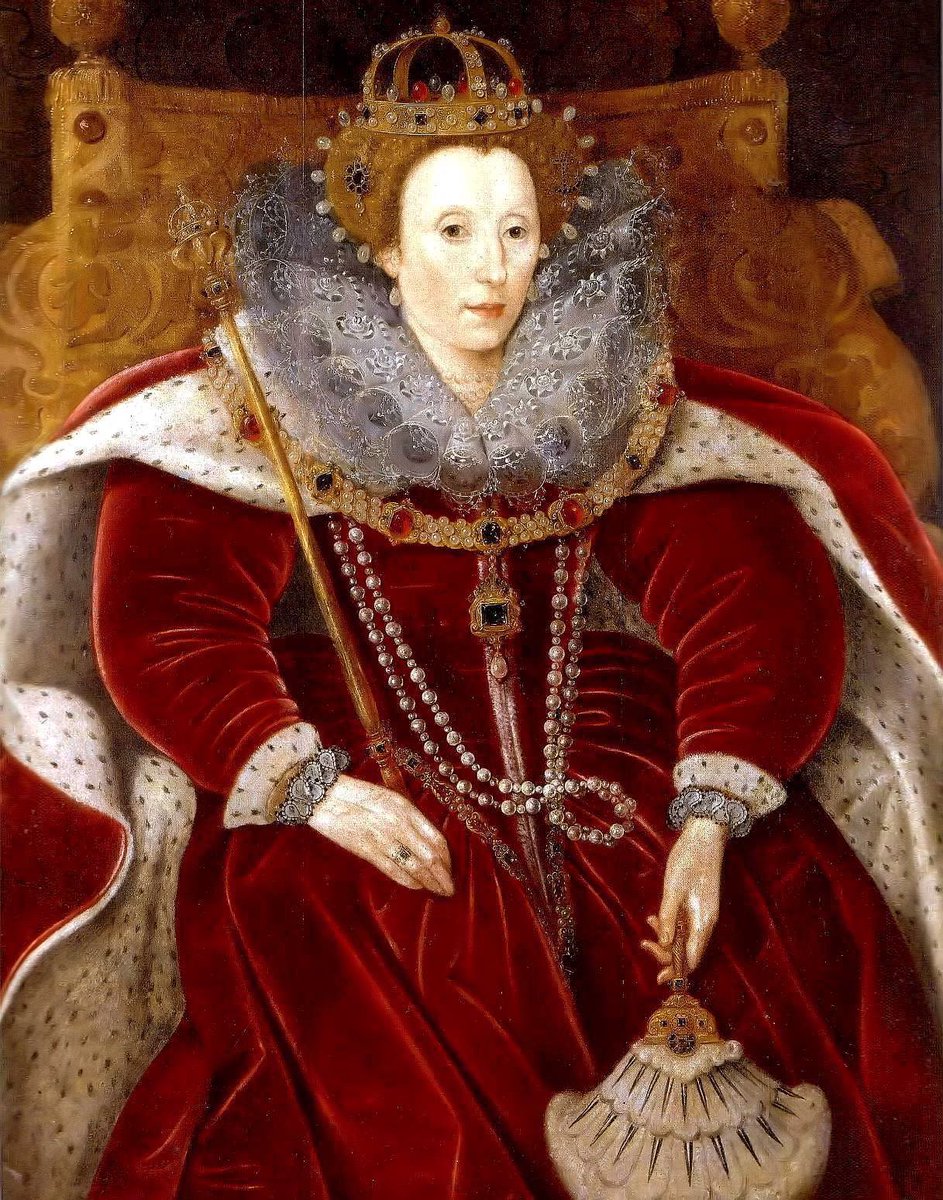The trouble with the idea of 'Anglicanism' (and, worse still, its back-projection onto the 16th and 17th centuries) is that the Elizabethan Settlement was not about forming or celebrating a new religious identity, but about securing conformity to certain minimal standards
While it may be hard for us to understand and accept this, it was almost the point of the Elizabethan Settlement that nobody actually liked it. Much the same could be said of 1662
As Andrew Pettegree has argued, the Elizabethan Reformation was 'a Nicodemite Reformation', whose purpose was to allow Catholics and Gospellers to retain their private faiths while conforming, in public, to minimal standards of public worship
The Elizabethan Settlement was thus able to comprehend individuals as diverse as the crypto-Catholic Sir Christopher Hatton and the enthusiastic Gospeller John Foxe
It seems to me odd that many in the CofE today see their identity in terms of 'owning' the CofE and imposing their particular doctrinal/liturgical identity on it. But that was never the point. There is no true, authentic CofE; it is a framework for the co-existence of difference
Whether such a thing is possible, of course, is the big question the CofE has grappled with throughout its existence. But it is a deep-rooted and paradoxical part of the CofE's tradition that those most committed to it are often its most reluctant members
This is because the benefits of conformity are always potentially at odds with the integrity of the particular theology held by members of the CofE; this paradox produces a dialectic of self-hatred that, in a way, is the last straw that holds the CofE together
This is why I am always troubled by those who are preoccupied with constructing or celebrating a distinctive 'Anglican' identity. I don't think there's supposed to be such an identity; adherents of the CofE are supposed to feel uncomfortable
Because the greater the discomfort of co-existence, the more likely it is that the idea of conformity is working properly...
If I'm honest, I don't really see the CofE as a 'church' at all; in reality, it's more like an association of convenience for a bunch of Catholic episcopalians and a bunch of Protestant episcopalians, who live together (badly) within a set of historic structures

 Read on Twitter
Read on Twitter


